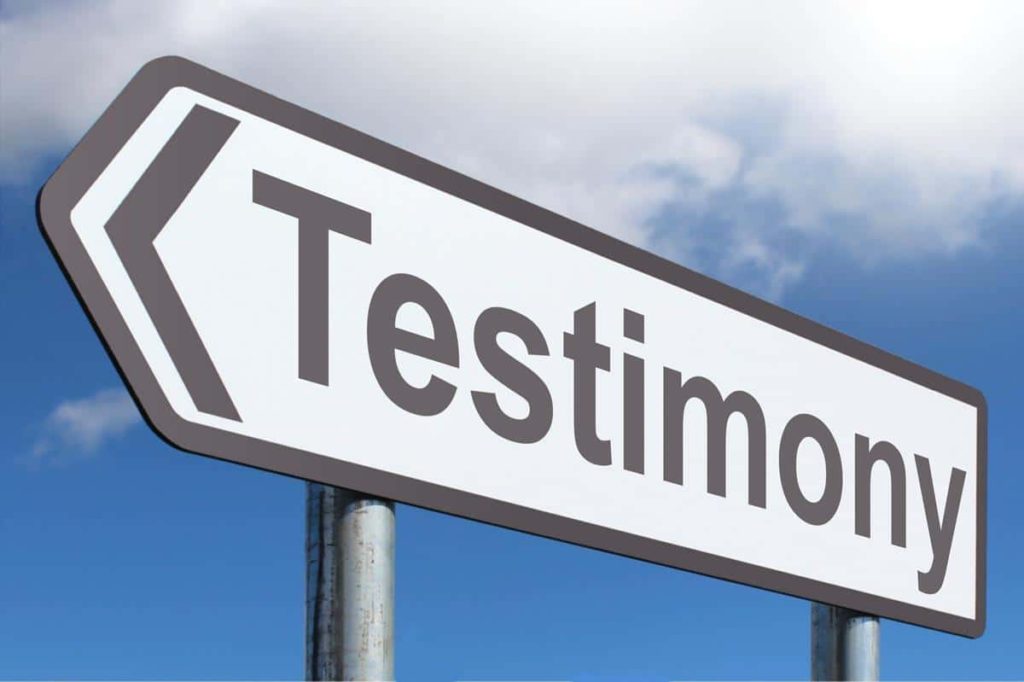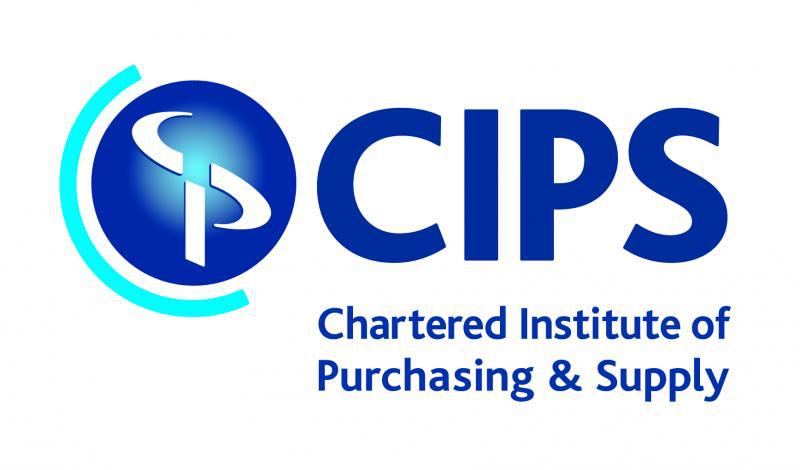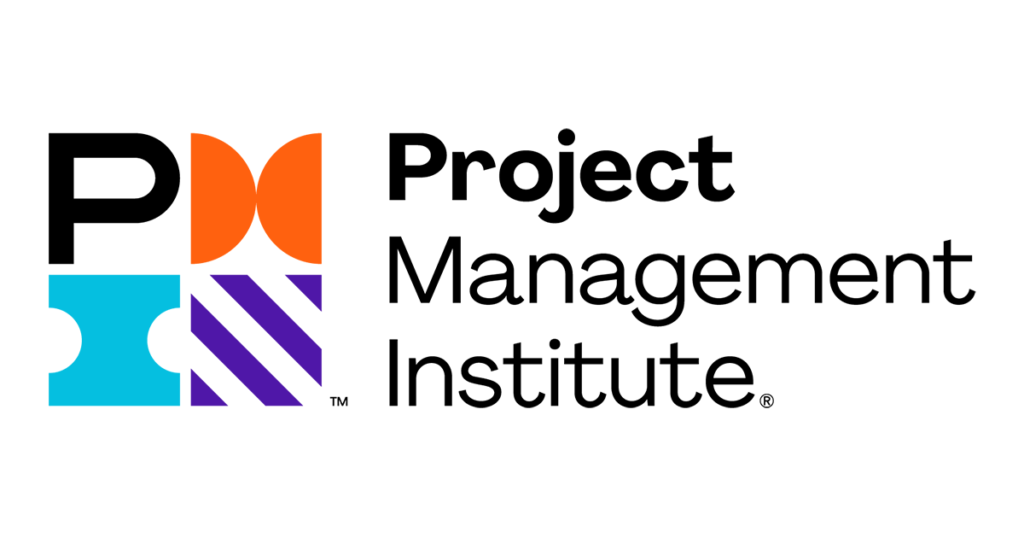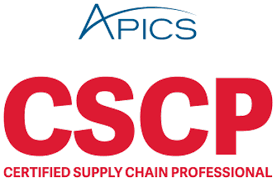CIPS, CSCP, CPIM, CLTD, CPSM, Six sigma, etc. which ones to choose ?
I will go through 4 globally recognized certifications and present you the pros and cons of each.
You can easily find plenty of useful information on the internet on certifications for procurement professionals. However, usually those articles are written by people who are not certified in any of those. It’s a very different story when you need to dedicate hundreds of hours to master the content needed, go through the examination process to be certified, and maintain the certification year after year by accumulating sufficient PDUs (Professional Development Units)
I believe I can offer you a first hand experience view on the various certifications, since I’ve been facing the same dilemma several years ago. After spending way too much time finding the best one, I decided to be certified in “everything”. So here is my testimony

Let’s get started.
CIPS
The Chartered Institute of Procurement & Supply – CIPS offers one of the most widely recognized certification for procurement professionals.

The certification is structured into 6 different levels:
- Level 1: Student Member
- Level 2: Certification in Procurement and Supply Operations (Entry Point)
- Level 3: Advanced Certificate in Procurement and Supply Operations
- Level 4: Diploma in Procurement and Supply (Highest Entry Point)
- Level 5: Advanced Diploma in Procurement and Supply
- Level 6: Professional Diploma in Procurement and Supply
People with absolutely no procurement experience should start with the level 2 Certification in Procurement and Supply Operations.
Buyers with at least 2 years of procurement experience can start at level 4 the highest entry point which I highly recommend as your starting point. This is also the option I chose in my journey to finally become certified MCIPS Chartered (level 6).
Is it worth it ? In short, absolutely !
As someone with a Master’s degree in Procurement and several years of experience already in the profession when I decided to learn the content needed for the level 4, I found the body of knowledge very thorough, covering every aspect needed to be a well rounded buyer. It is also an excellent refresher on some key concepts, and I even learned new things ! You will be expected to master: contract management, e-procurement, etc.
Pros:
This certification is very relevant to procurement professionals and covers everything that needs to be known for aspiring buyers, to more experienced ones, up to procurement managers and leaders levels.
The certification is frequently mentioned in job descriptions and widely recognized by HR and companies in commonwealth countries and former British colonies such as Hong Kong and Singapore.
CIPS offers you various learning options in order to get ready for your certification. Personally, I went with the self learning path since I had a busy professional schedule. It is great to have various choices as some people prefer classroom learning while others would rather go at their own pace and do self-study.
There are many ways to become MCIPS Chartered.
Passing all the required exams and levels is one way of getting the coveted 4 letters.
Senior experienced people who meet the requirements may choose the Management Entry Route which is a fantastic time-saver as you only need to pass an online assessment and then an interview. But don’t underestimate this part, preparation is definitely needed !
Another alternative would be through the Corporate Award. “a work based, modular, applied learning programme that offers your teams a route to full MCIPS and Chartered Status”
Cons:
Going through every single level can be very time consuming and also a huge financial commitment if paid by oneself. You will need to pay for CIPS membership and also pay for all the exams.
Sitting for 5 exams for level 4 certification was really expensive. Note that the costs may vary depending on the country where you pass your exam. In my case, I passed the certification in Hong Kong in 2018 and had my exams at the British Council. Each exam cost HK$ 1,200.
So imagine if you have to pass all the exams from level 2 to level 6 and pay by yourself.
The content of the books can be a bit dry and at times repetitive. For example, the 5 rights of procurement are mentioned again and again everywhere in the books.
For a buyer with several years of experience and/or a procurement education background, it can be a hassle to go through basic procurement principles and you can’t simply skip entire chapters as you may miss some important content.
If you are based in the US, it would be preferable to pass the CPSM certification from the Institute of Supply Management (ISM) as it is better recognized there.
PMP
The Project Management Professional (PMP) certification is an excellent choice for procurement professionals.

As a buyer, you will always be involved with projects.
Setting up a new factory in China. Deploying a new e-procurement solution. Launching a new sourcing program in Vietnam and onboarding the supplier. Switching travel management company and rolling-out an Online-booking-tool with the new one. Leading a 1 year saving program with your top 10 suppliers.
What’s the common point with all the above ? They are all projects. A project can be defined as a temporary effort to create value through a unique product, service or result. All projects have a beginning and an end.
If all procurement professionals are involved in projects, then don’t you think that it is important to speak the language of project management people and know about the best practices ?
Pros
In a corporate environment, projects are everywhere as new initiatives are constantly launched. Being PMP certified even if you are not a project manager will offer you a holistic view on how projects should be managed, what are important to project managers, and how you can contribute more effectively to achieve the goal. You will be speaking the same linguo as the project manager: What is a project charter? What is inside a project management plan ? What is a critical path ?
It allows you to understand the different phases of a project and its interactions which are initiating, planning, executing, controlling and closing processes.
A lot of tools and best practices can be applied to procurement people outside of project management. For example, risks register, issues log, and lessons learned are very effective tools. Get My Free templates here.
Cons
It is not cheap. You will need to pay the Project Management Institute (PMI) membership. If you want to network with the local folks from your local chapter you will have to pay an extra fee. Then, you will have to decide on how you want to learn: self-study or in-class learning ? Most likely, you’ll spend extra money for books, mock exams, bootcamps, and videos to maximize your chance of success. Lastly, you will have to pay for your exam fee and hope that you won’t fail otherwise you will have to pay it again.
The Project Management Body of Knowledge (PMBOK) is very difficult to read and digest, luckily there are many books that provide a much better readability. I highly recommend reading “Rita’s PMP Exam Prep”, you can buy it here. The reviews speak for itself. Actually, I managed to pass the exam at the first attempt by reading only this book.
It can appear very theoretical and difficult to relate if you have no experience in working on big projects, six figures and over, with multiple stakeholders, people spread across several countries. The reason being that the PMP certification exam always assumes that you are in the situation of being the manager of a big initiative that requires complex interactions from communication, to quality, to execution, etc. Not all people work on those sort of initiatives, and many employees work on small SMEs or startups,
It may not be relevant to your organization’s project management methodology as PMP follows the traditional waterfall approach. In recent years, many companies, especially in the tech sector, have transitioned to an agile approach. For some people, it may be better to pursue a scrum master certification that follows the agile methodology as this has been the new trend.
Lean Six Sigma
Lean Six sigma is a methodology that emphasizes on the DMAIC approach to problem solving: define, measure, analyze, improve, and control.

As a buyer or purchasing manager, you will be involved in a lot of improvement initiatives such as: increasing the production output, reducing the number of defects, improving the overall quality, and optimizing the vendors’ performance in all kinds of areas.
A six sigma certification comes in very handy for all the above situations as it teaches you a proven methodology and arms you with all the tools and knowledge necessary to support and lead improvement initiatives.
It structured around different levels called “belts”
Pros:
Good buyers and procurement managers always strive for improvement. And Lean Six Sigma certifications provide all the knowledge needed for you to support improvement projects, and for this reason it is a very good credential to have.
This will undoubtedly impress your co-workers and boss if you know how to run those initiatives to bring your organization to a higher level. Being capable of improving things is often well regarded in employee performance reviews, and plays a big role in promotions.
Lean Six sigma is based on very powerful and versatile tools and can be used in a variety of situations. Here is a non-exhaustive list of concepts and tools: Voice of the Customer (VOC), Value Stream Mapping, Process capability, 5 Whys, Ishikawa diagram, FMEA, Regression analysis, Kanban, PDCA, Statistical Process Control (SPC),
Cons:
There is some controversy surrounding the statistical aspect of six sigma principles.
A lot of prominent operational leaders and researchers have in the past years opposed a different point of view that six sigma is based on a statistically flawed concept.
There are so many different providers of lean six sigma certifications on the market as there is no single globally accepted standard on what constitutes six sigma. The two most widely recognized providers are American Society for Quality (ASQ) and International Association for Six Sigma Certification (IASSC).
It is less popular than some other credentials, and in the recent years its popularity seemed to have faded, while other more popular credentials such as Agile certifications took the spotlight. The fact that Six Sigma methodology was invented by Motorola and popularized by GE also contributed to its slow decline at the image of those 2 companies. As with many things in life, certifications can also go out of fashion.
CSCP
CSCP is widely regarded as the golden standard when it comes to supply chain certification. It is offered by APICS, now part of ASCM.

This rock solid credential offers you understanding of key concepts of the entire supply-chain
Pros
As a buyer if you want to have a holistic view of your company’s supply chain, then CSCP is THE credential you need. No other credentials will offer such a “big picture” view of the interactions between all the departments and actors of a supply chain from warehousing, logistics to demand and supply planning, procurement, production, quality,
APICS was created in 1957 and enjoys a tremendous reputation and its certifications are considered as the golden credentials in the supply chain and manufacturing industries.
Cons
If you want to specialize yourself, it may be worth exploring instead some of the other certifications offered by APICS, namely CLTD and CPIM. If you are a buyer procuring logistics services then CLTD may be more appropriate. If you are heavily involved with production, then CPIM may be a better choice.
The 3 books take a lot of time to read and can be quite repetitive. I believe the content can be shortened, too many concepts are presented in lengthy paragraphs that should be made shorter and more straight to the point.
It may be hard to translate all this knowledge into actionable tasks in your day to day activity as a procurement professional. For example if you are a buyer for indirect spend, it is possible that you may find a majority of the content irrelevant to your daily job. And if you don’t have the opportunity to relate to the knowledge learned from the CSCP program, then all this information may slowly fade away. So before deciding if it’s worth it, you need to ask yourself if this credential is relevant to you immediately or for your next steps. Perhaps you will stand to gain more from the other certifications.
Conclusion
There are many well-recognized credentials in the market, which one you should choose depends on what you want to learn.
If you want to cement your position as a procurement expert, be recognized as such, and advance in your procurement career, then the CIPS is the most desirable certification for you. MCIPS chartered procurement professionals are highly regarded, those 5 letters demonstrate that achieve a rock solid understanding of procurement and showcase your ability to perform well in a procurement position.
For those heavily in project management or want to transition to being a project manager, then the PMP is a must. This certification covers everything that needs to be known to start a project, plan it, execute it successfully, monitor the results, and ensure a proper closing.
CSCP would be the one to get if you work in manufacturing and want a holistic view and understanding of the supply chain. You’ll learn about all the various actors, their relationships (warehousing, planning, production, logistics, suppliers) and the operational flows which are products flow, information flow and financial flow.
Finally, if you are looking for a proven continuous improvement methodology to improve your organization’s performance, then Lean Six Sigma should be your aim. A yellow or green belt would be your starting point to prove that you are able to support such projects, and a black belt or master black belt would be your end-goal if you want to lead, train, and coach.
